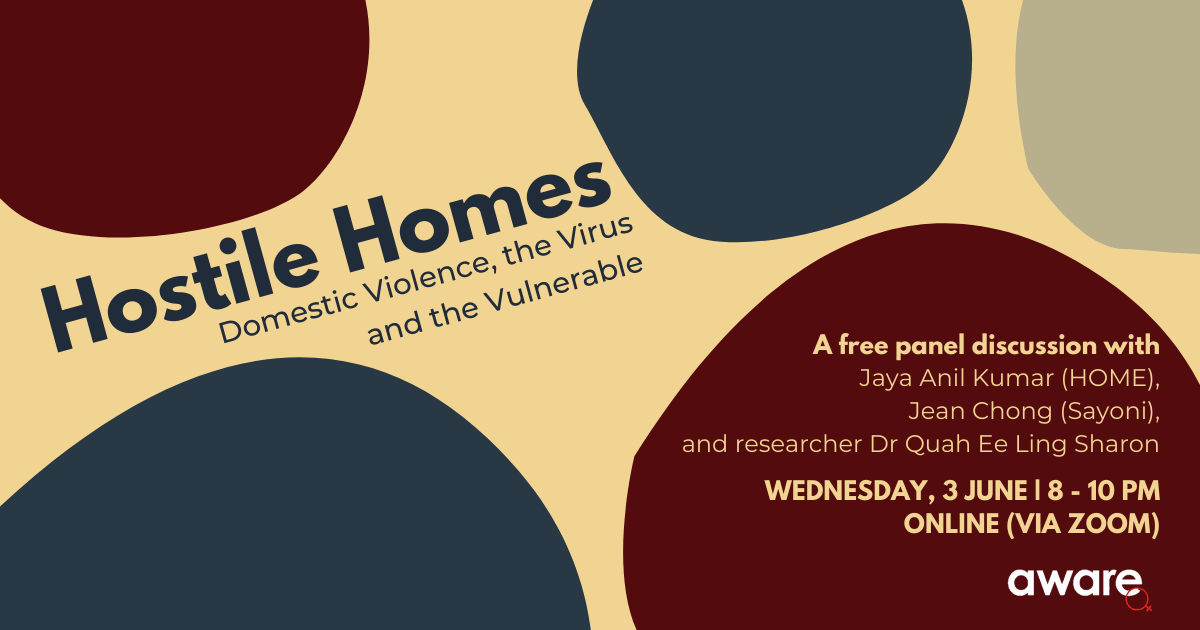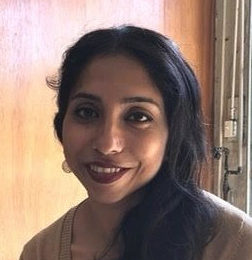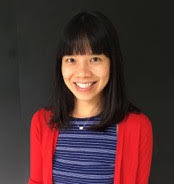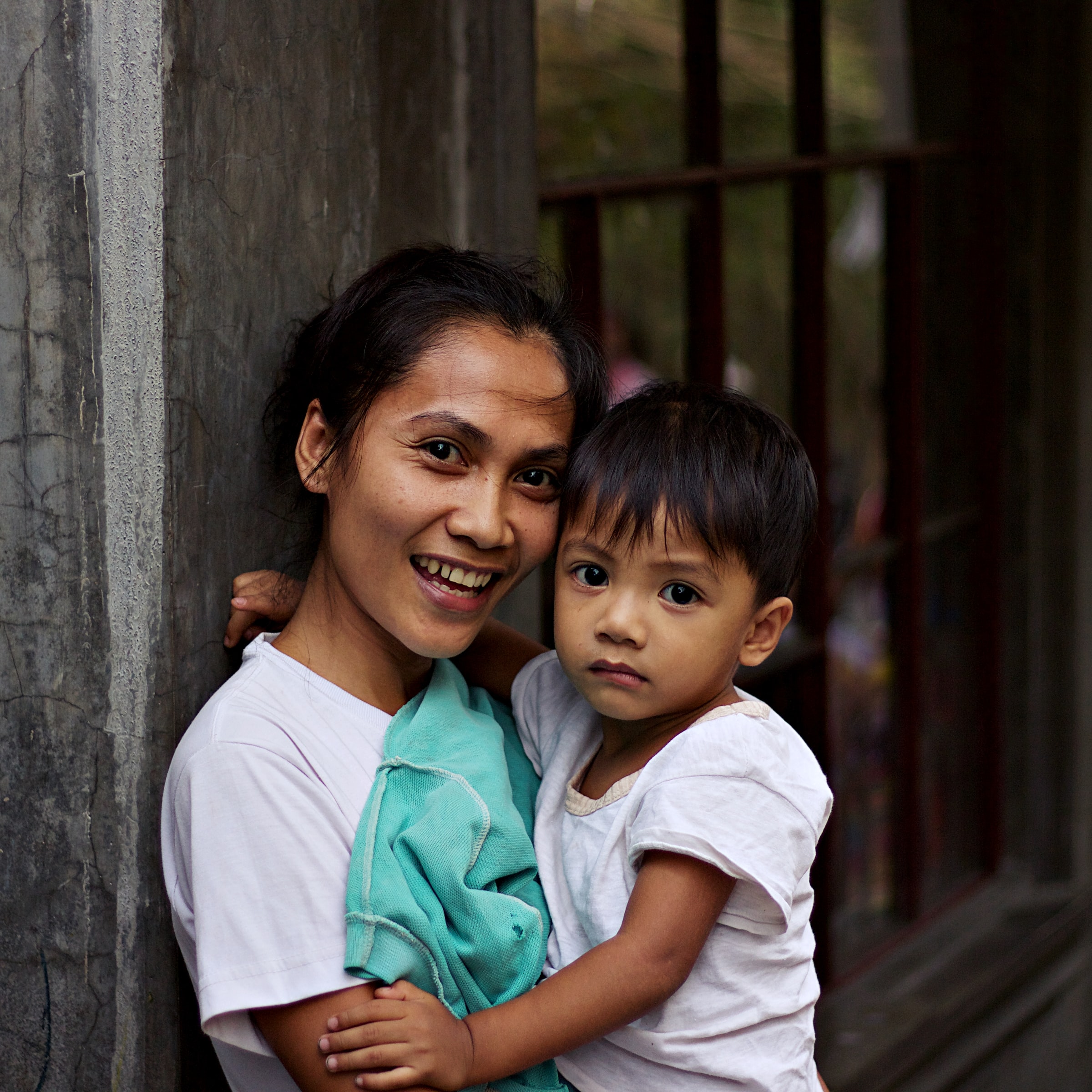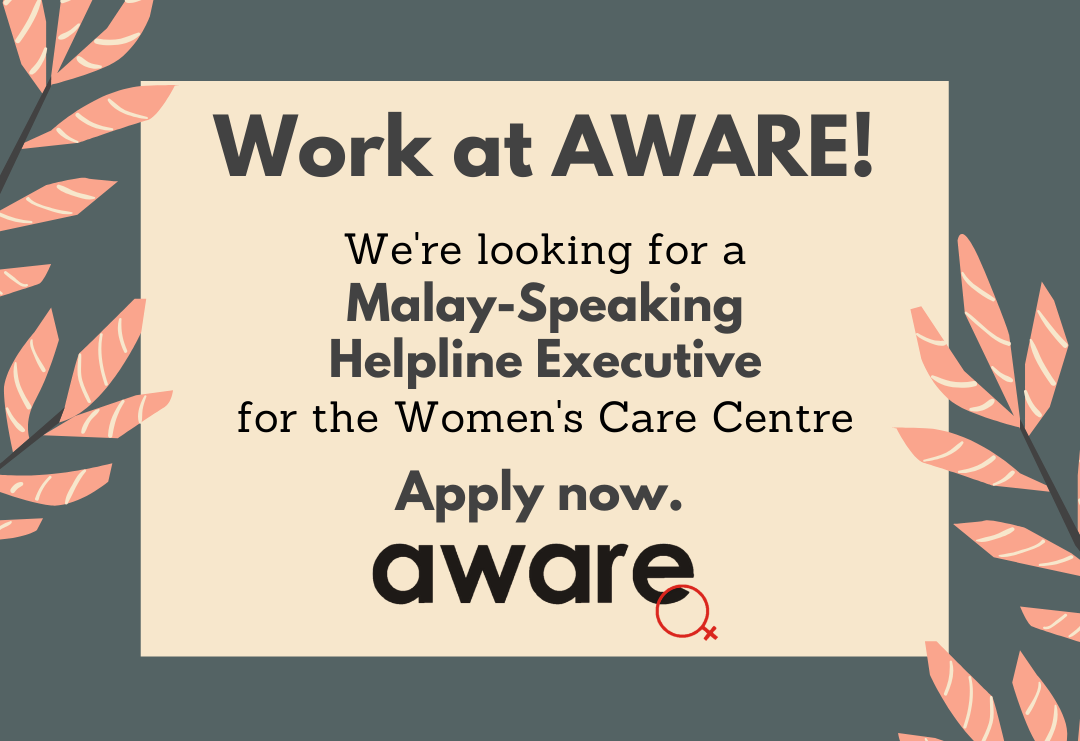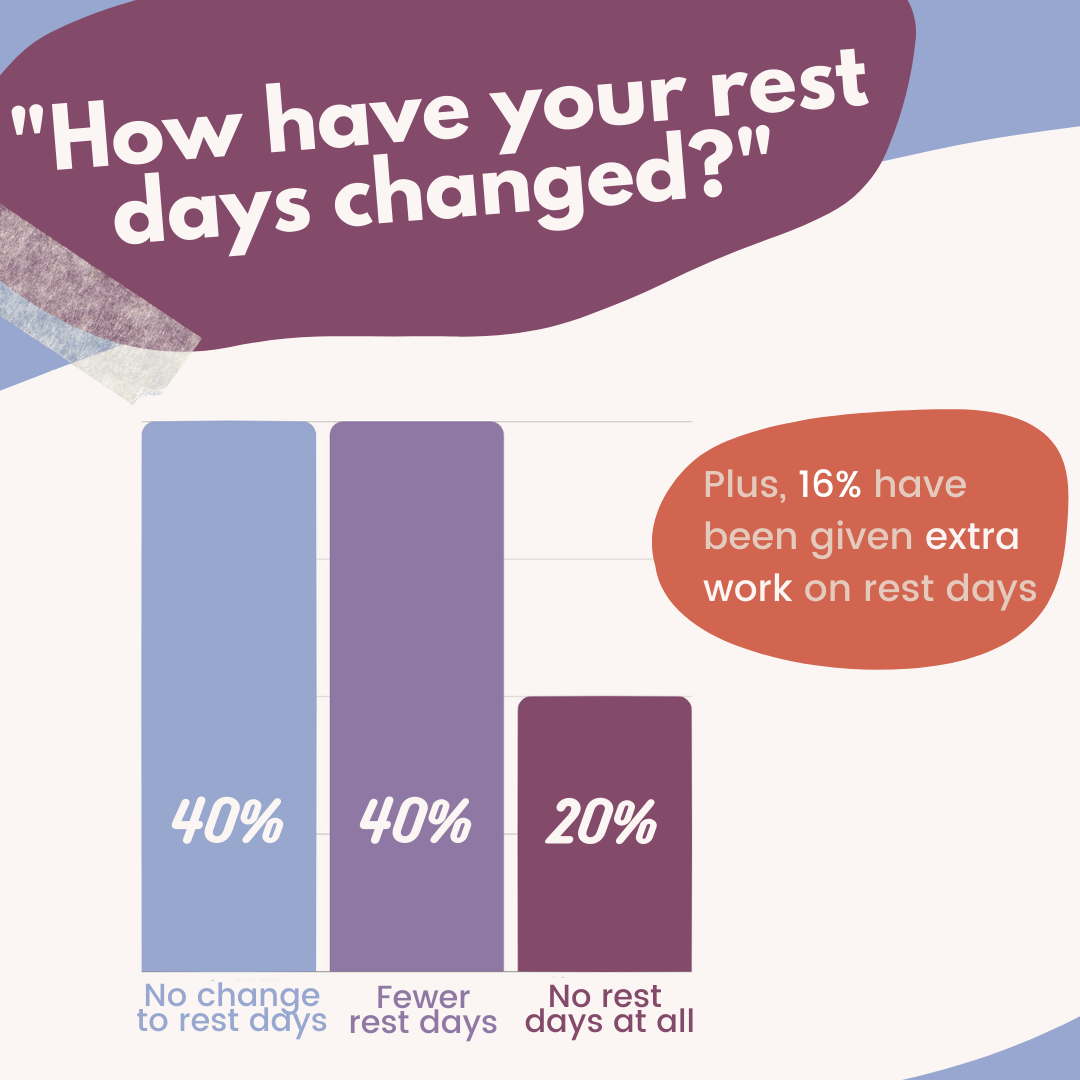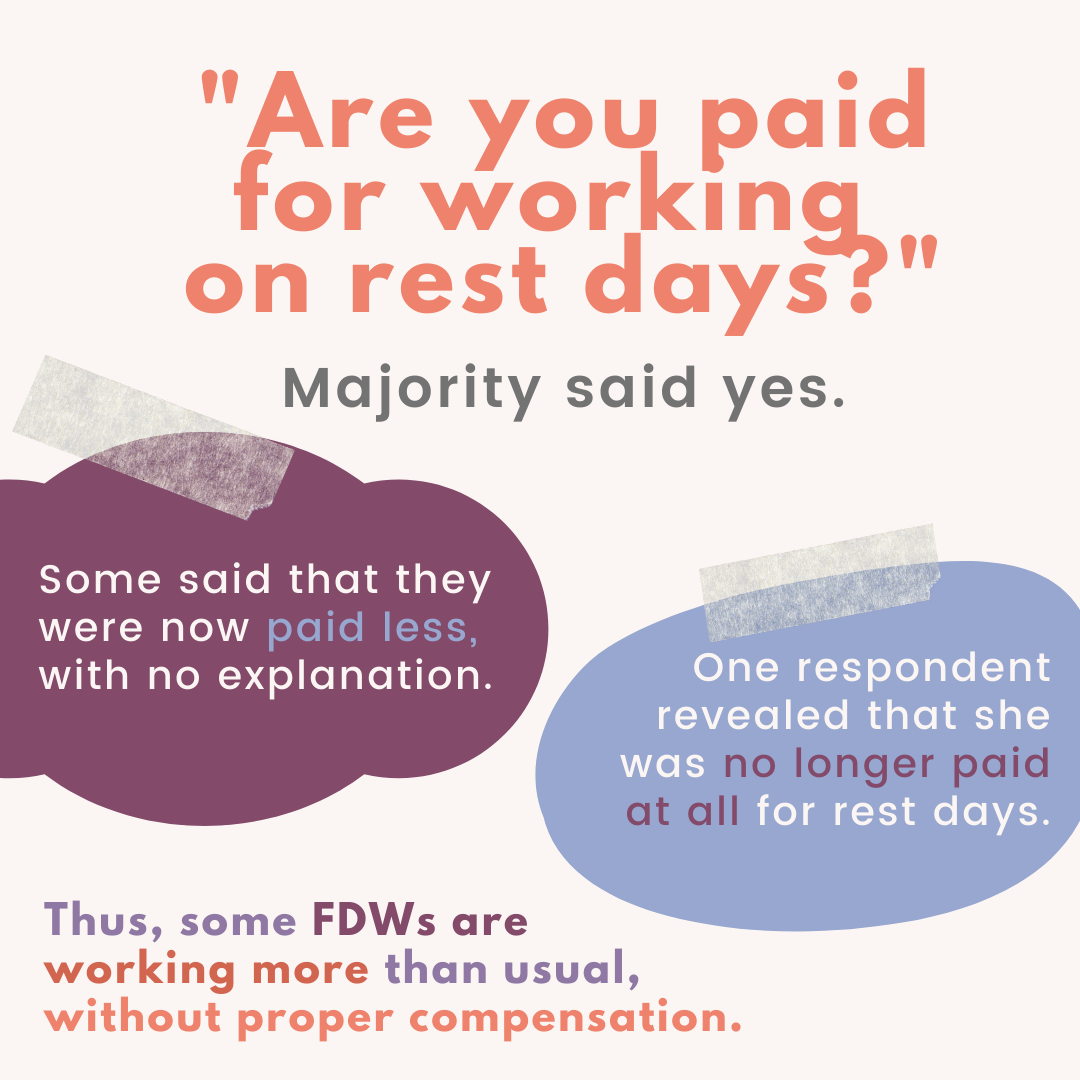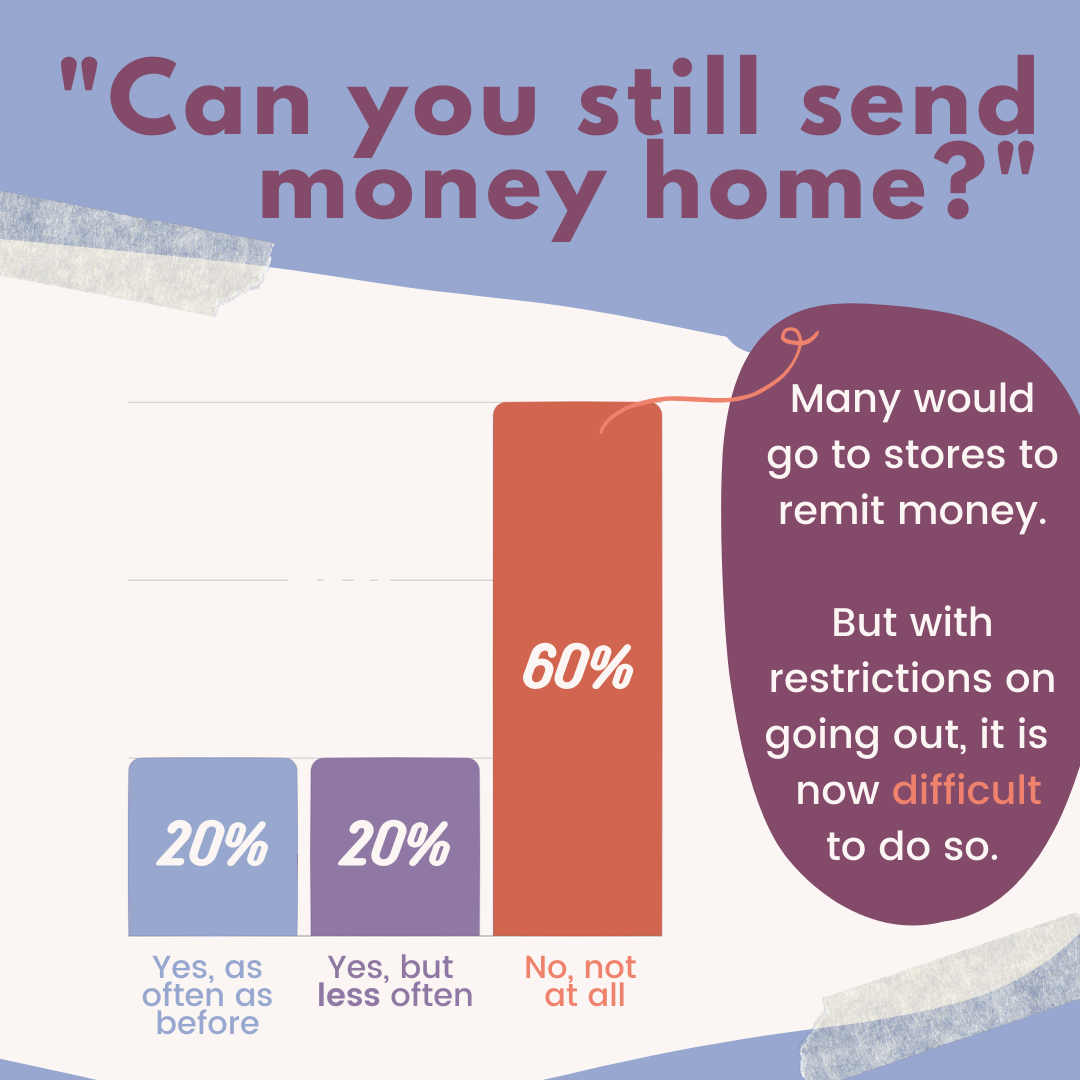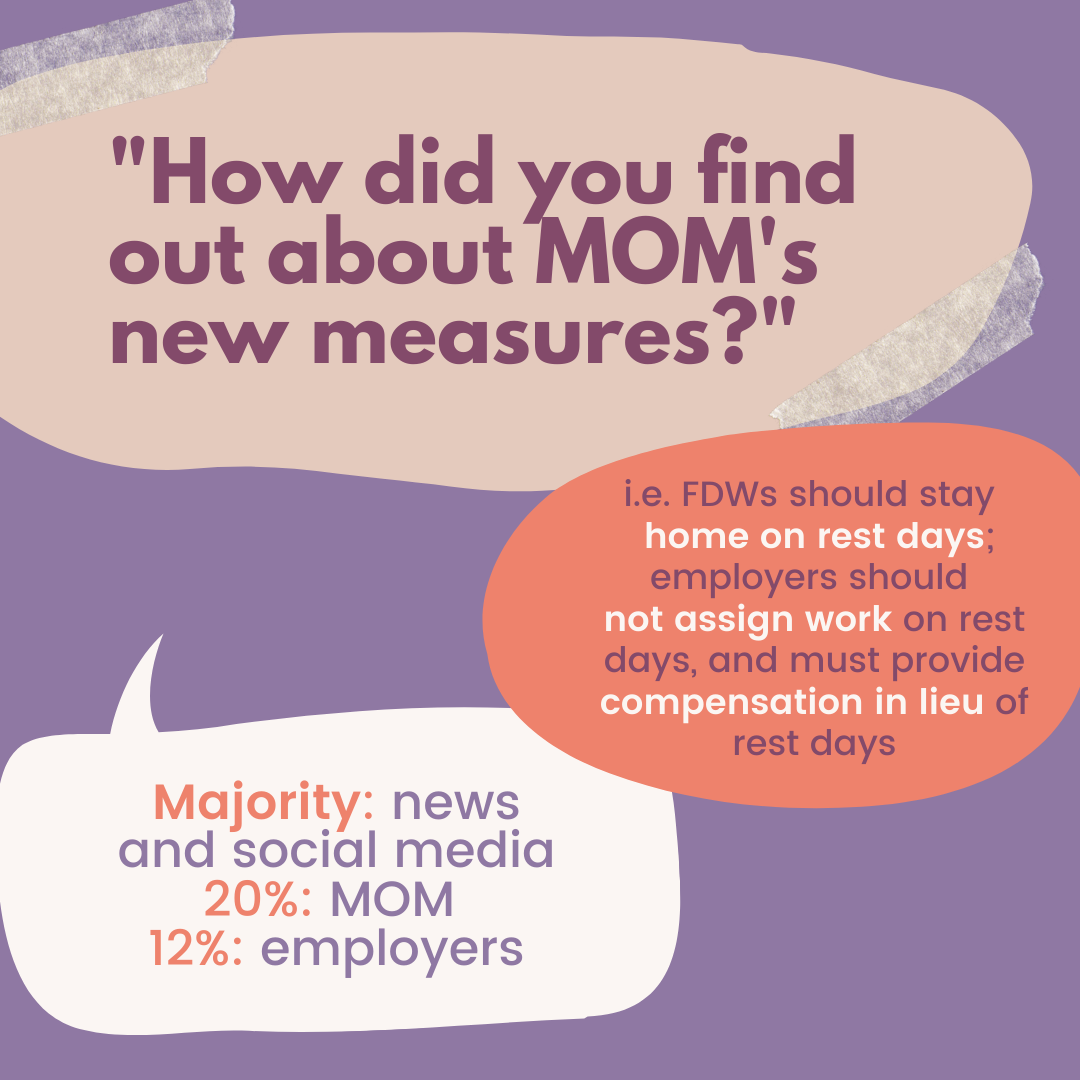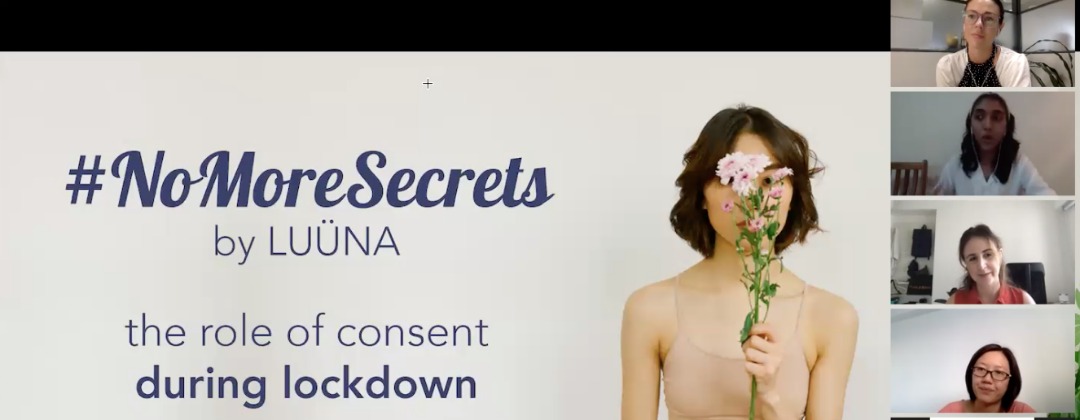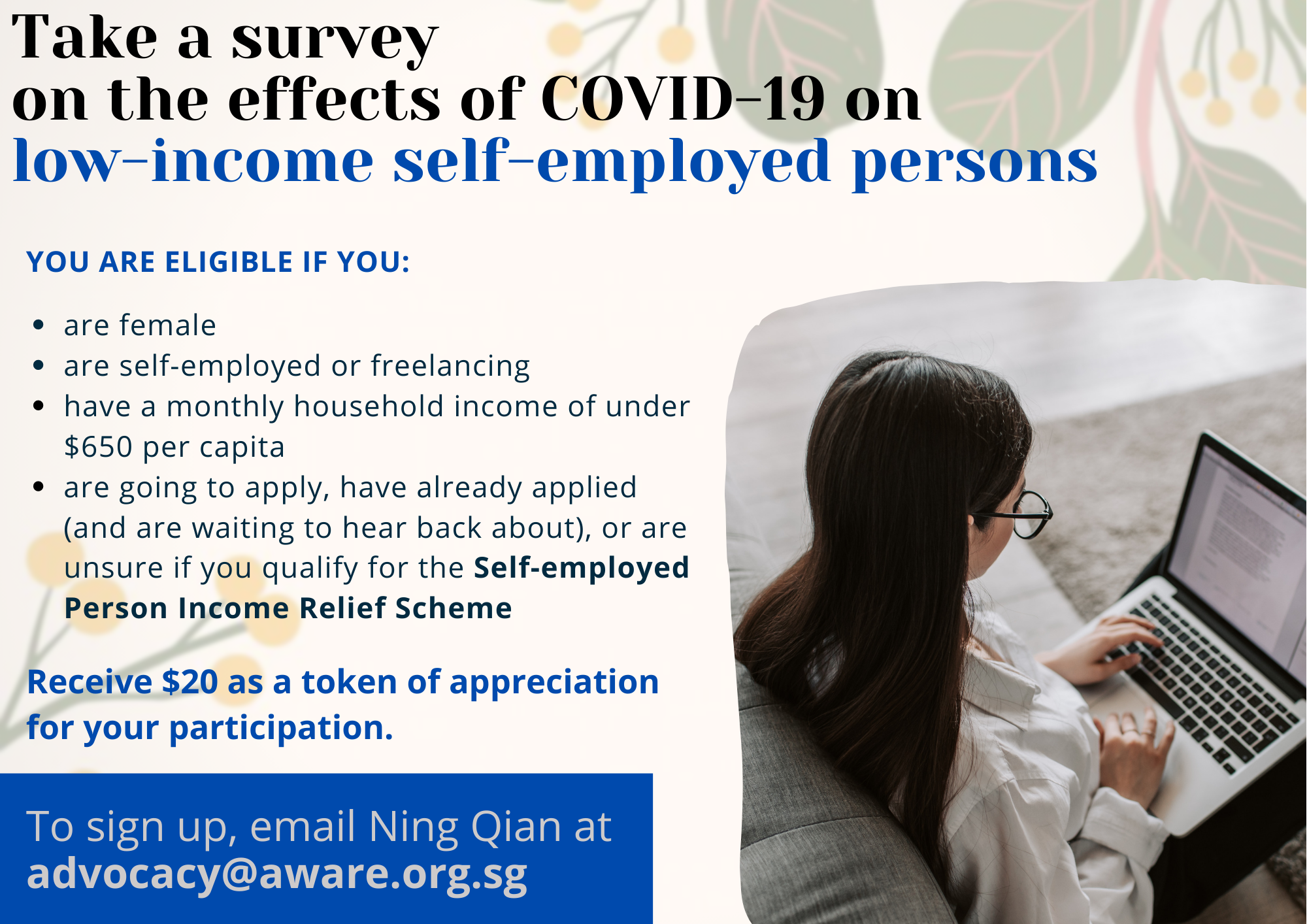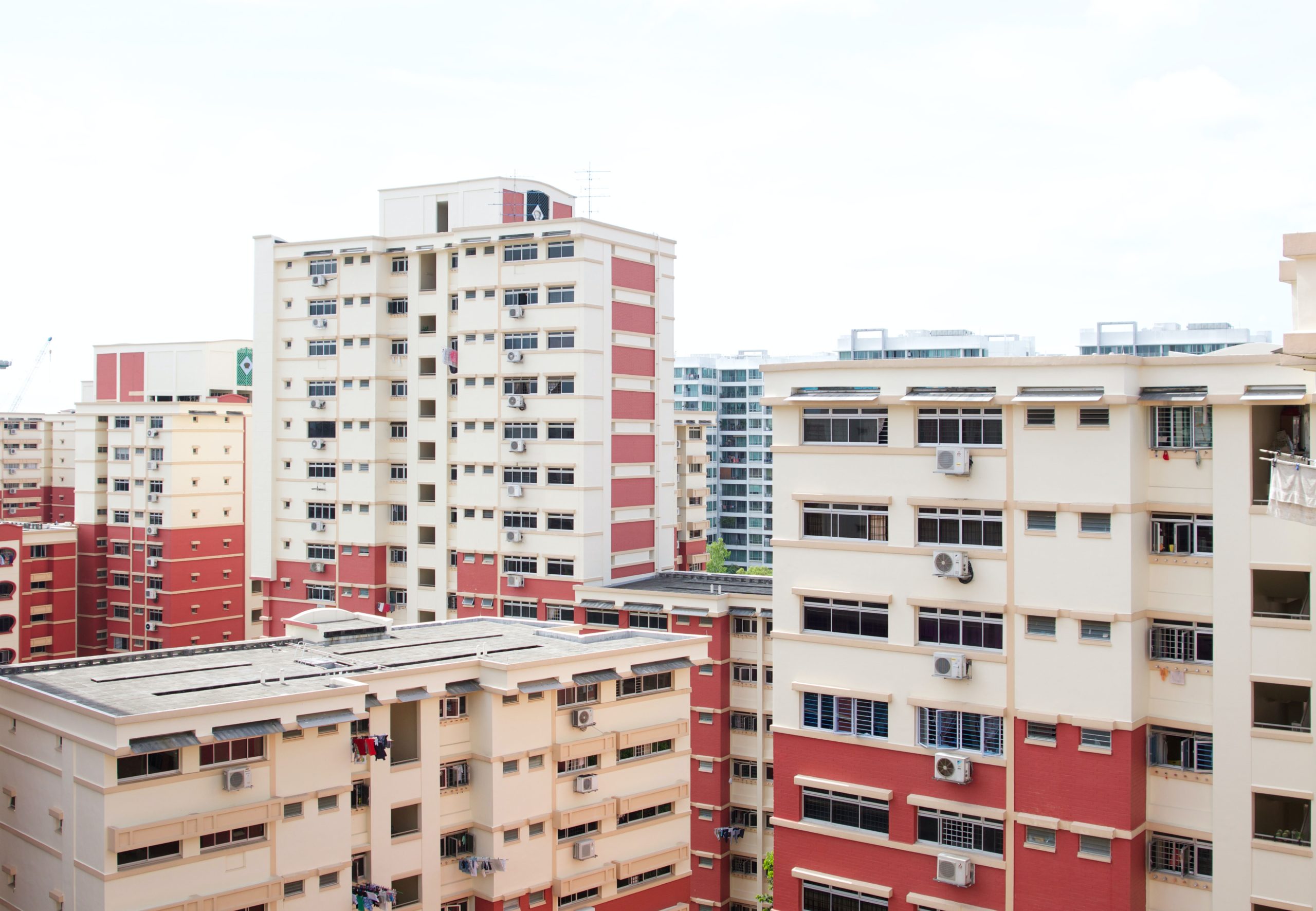
This commentary was originally published in Channel NewsAsia on 15 May 2020.
SINGAPORE: For many women, the news you are expecting can be one of the most thrilling announcements you can make in your lifetime.
Yet for some working mothers-to-be, the occasion may not be such a pleasant one.
Retrenchment, forced dismissal and lack of reasonable accommodations: These are some of the injustices mums in Singapore say they face at work.
UNNECESSARY WORRIES
Pregnancy and new motherhood come with a host of difficulties for women, from medical complications that necessitate time away from the office to an inability to carry out physically laborious tasks. This may require colleagues to pick up the slack for their pregnant or nursing teammate.
Many mothers themselves worry this imposes unfair costs on others. We forget that in bearing children, mothers are performing important, socially productive work that also contributes to economic growth by producing workers and citizens.
Employers themselves could embrace working mothers as valuable employees to acknowledge and compensate the employees who provide coverage for colleagues while they are on maternity leave. But they do not, leaving mums to shoulder guilt and their co-workers to bear the workload by themselves
In fact, international labour standards have since 1919 accorded special status to expectant and nursing mums via maternity protection.
These protections include legislating paid maternity leave and sick leave, a daily reduction of hours of work to accommodate breastfeeding, allowing women to return to the same position after becoming mothers, and prohibiting employers to terminate a mother’s employment for a certain period following her return.
These ensure work does not pose a risk to the health of either mother or child, and that women’s reproductive roles do not compromise their employment and economic security.
In Singapore, some of these labour standards are enshrined in policy, even law. Yet they do not often bear out in practice.
TERMINATION AND INCONSIDERATE BEHAVIOUR
Seventy per cent of the 27 workplace discrimination cases seen by AWARE’s Workplace Harassment and Discrimination Advisory (WHDA) since its launch in September 2019 relate to pregnancy discrimination.
We have heard horror stories of employers who try to get their pregnant employees to leave the company, ostensibly in anticipation of them receiving maternity leave or becoming poor performers once they have a child.
These deep-seated prejudices are problematic where they reduce mothers to stereotypes to justify discrimination. Studies show that compared to other workers, mothers are viewed as less competent and committed to their work, regardless of actual performance.
WHDA has seen clients who have been told their job no longer exists while on maternity leave, or when they come back from leave.
Their productivity is suddenly questioned, even when up until a month before their pregnancy, they received pay raises and contract extensions.
Apart from redundancy, returning mothers also face grossly inconsiderate acts. Nalini* was still nursing when she returned to work and had to pump milk during office hours.
On more than a couple of occasions, the breast milk she had carefully stored in the office fridge had either been spilled or thrown away.
WORKING MUMS HAVE FEW EFFECTIVE REMEDIES
Singapore has made significant progress in protecting workers against discrimination at work, most recently via the Tripartite Guidelines on Wrongful Dismissals, which make any dismissals without a just cause – i.e. misconduct, poor performance or redundancy – wrongful. The Tripartite Guidelines also cover constructive dismissal, i.e. being forced to quit a job.
Four in 10 of the pregnancy-related wrongful dismissal clients we have seen took their cases to the Tripartite Alliance for Dispute Management, which has jurisdiction to mediate claims between employees and employers in accordance with these guidelines.
A successful mediation can result in reinstatement or compensation in lieu of maternity benefits or lost wages.
Reinstatement is an unattractive option. Employees hardly want to go back to an employer who has disrespected them and questioned their worth as a worker.
The compensation option, capped at three months of pay, does not take into account that a pregnant worker tends to be stranded without employment once wrongfully dismissed, something vulnerable groups of workers, including seniors and low-wage workers, say they experience too.
WHDA’s clients have tried to look for new jobs after being wrongfully dismissed, but rare is the employer who wants to hire a pregnant woman or a mum with a newborn, in our experience.
In calculating compensation, it would make more sense to take into account the number of months a pregnant employee is likely to be out of a job because of wrongful dismissal, which would probably exceed three months.
For discrimination cases that do not amount to dismissal, employees can file a complaint with the Tripartite Alliance for Fair and Progressive Employment Practices. The complaint triggers an investigation which involves speaking to the employer. First-time violators may only end up with a light slap on the wrist.
Some pregnant women are discouraged from taking this route. They are afraid their employers would retaliate against them, with knock-on effects for them when it comes to compensation, benefits or progression.
PREGNANCY DISCRIMINATION DURING COVID-19
COVID-19 has fundamentally changed how we work, largely for the better. Jobs we had been told could not be performed remotely are now being done from homes.
Unfortunately, pregnancy discrimination has persisted into this new world of greater accommodation and flexibility.
Soon after she told her boss she was pregnant, Noor Siti* was told her position had been made redundant due to COVID-19.
She thinks she was unfairly targeted because she had received a salary increase on the basis of good performance barely a month before. Yet two male employees at the same position as her, who did not perform well, were not let go.
When asked if she could be assigned duties that did not involve interactions with clients, Sheila*, another pregnant client of ours, was told she had to continue managing the front desk.
Her fears of contracting the coronavirus and compromising the health of her unborn child were dismissed, even though other countries, such as the UK, have classified pregnant women as a vulnerable demographic when it comes to contracting the coronavirus.
WHAT WOULD A HAPPIER MOTHER’S DAY LOOK LIKE
Many penalties mothers face at work may not be unique to them. We have all heard anecdotes of colleagues stealing from the shared office fridge, or being penalised for absenteeism.
However, what’s at stake for working mothers is equity, not equality.
Making paid leave policies more inclusive and available to all employees when it comes to caregiving and healthcare needs, which everybody surely will have at some point, would not only be equitable, but could also reduce resentment. Covering for each other in our hour of need would become part of a workplace culture.
We have all just celebrated Mother’s Day. Yet for mothers to have it easier working in Singapore, we still have some way to go.
This would take a whole-of-society approach. Fathers would need to pick up their share of household and caregiving responsibilities so that mothers can no longer be penalised at work for being caregivers.
Flexible work arrangements would be mainstream so we can balance work and caregiving responsibilities.
In policy terms, this would mean extending maternity protection to a set period of months even after maternity leave. It would mean protecting pregnant employees’ rights to continue working at the same position and rate of pay after taking sick or hospitalisation leave.
Unfairly dismissed mothers would be awarded fairer compensation. These would deter such cases in the first place.
Until these measures are put in place, any celebration of motherhood in the workplace will continue to ring hollow.
Shailey Hingorani is Head of Advocacy and Research at AWARE.
